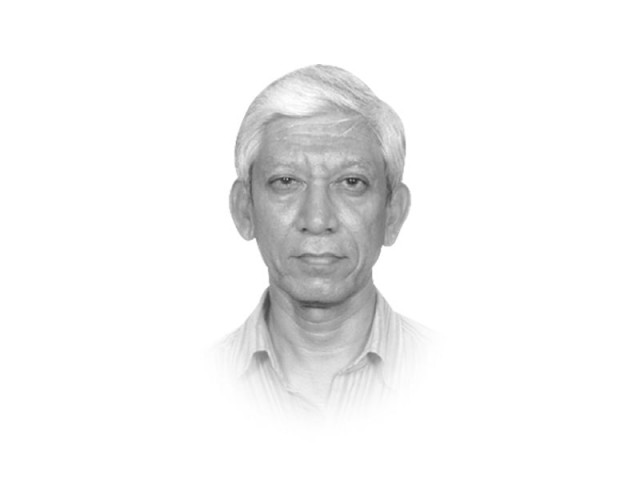The making of the modern maulvi
The process of political ijtehad has sharpened the sectarian political conflict, of Shias being pushed out by Sunnis.

As the power of ijtehad was used to create a professional class of maulvis against clear pronouncements in the Holy Quran, hadiths and the Sunni authorities of fiqh, so was it used subsequently to serve certain interests and suppress certain others. Since there is room for several competing interpretations of these texts, the process of political ijtehad has sharpened the sectarian political conflict handed down by the history of Islam — in which Shias have always resisted being pushed out of the mainstream by Sunnis. In addition to that, it has resulted in the emergence of a number of new sectarian divisions during the nineteenth and twentieth centuries. In the background of the caste differentiations, made part of local Islam by Muslim invader-rulers with the help of earlier maulvis, the politics of identity among Muslim communities became a struggle to safeguard the economic and political interests of the upper castes. The idea of caste hierarchy was borrowed from the Hindu society and was mixed with Islamic injunctions dealing with slaves in order to concoct the social category of ‘khidmati qaumain’ who existed only to serve the Shurafa and whose women could be used by the upper-caste men without a nikah. The changes wrought by developments in means of communication provided an opportunity to these downtrodden masses to aspire for knowledge, modern professions and eventually an improved life for themselves and their communities. The modern maulvi himself was a product of the same process of socio-economic change, but he threw his weight behind the upper-caste forces that have consistently been resisting this huge change.
The modern maulvi used all the modern means of communication — print, post, railways and so on — to develop a national agenda that had no relation with the aspirations of those disadvantaged on the basis of caste, religious sect and gender. Unlike Hindu society, which set out to mitigate and ultimately abolish the social inequality born out of centuries of caste and gender discrimination, Muslim politics, thanks to our religious, educational and political leaders and opinion-makers — all coming from the Shurafa castes — insisted on a flat denial of this fundamental social condition. After 1947, the maulvi became an active player assisting the anti-social change political forces who wanted to thrust on the new nation state an ideological agenda which could be used to keep the benefits of modernity out of the reach of the historically disadvantaged groups.
How the fine art of ijtehad is selectively used for one’s purpose can be seen in an example that relates to Thanvi’s death in 1943. Syed Suleman Nadvi had travelled to Thana Bhavan to visit him on his deathbed but could not stay with him in his final days. When Nadvi got the news of Thanvi’s passing away, he declared him a shaheed, citing some obscure religious text according to which anyone dying of a stomach ailment is a martyr!
Published in The Express Tribune, November 26th, 2011.














COMMENTS
Comments are moderated and generally will be posted if they are on-topic and not abusive.
For more information, please see our Comments FAQ